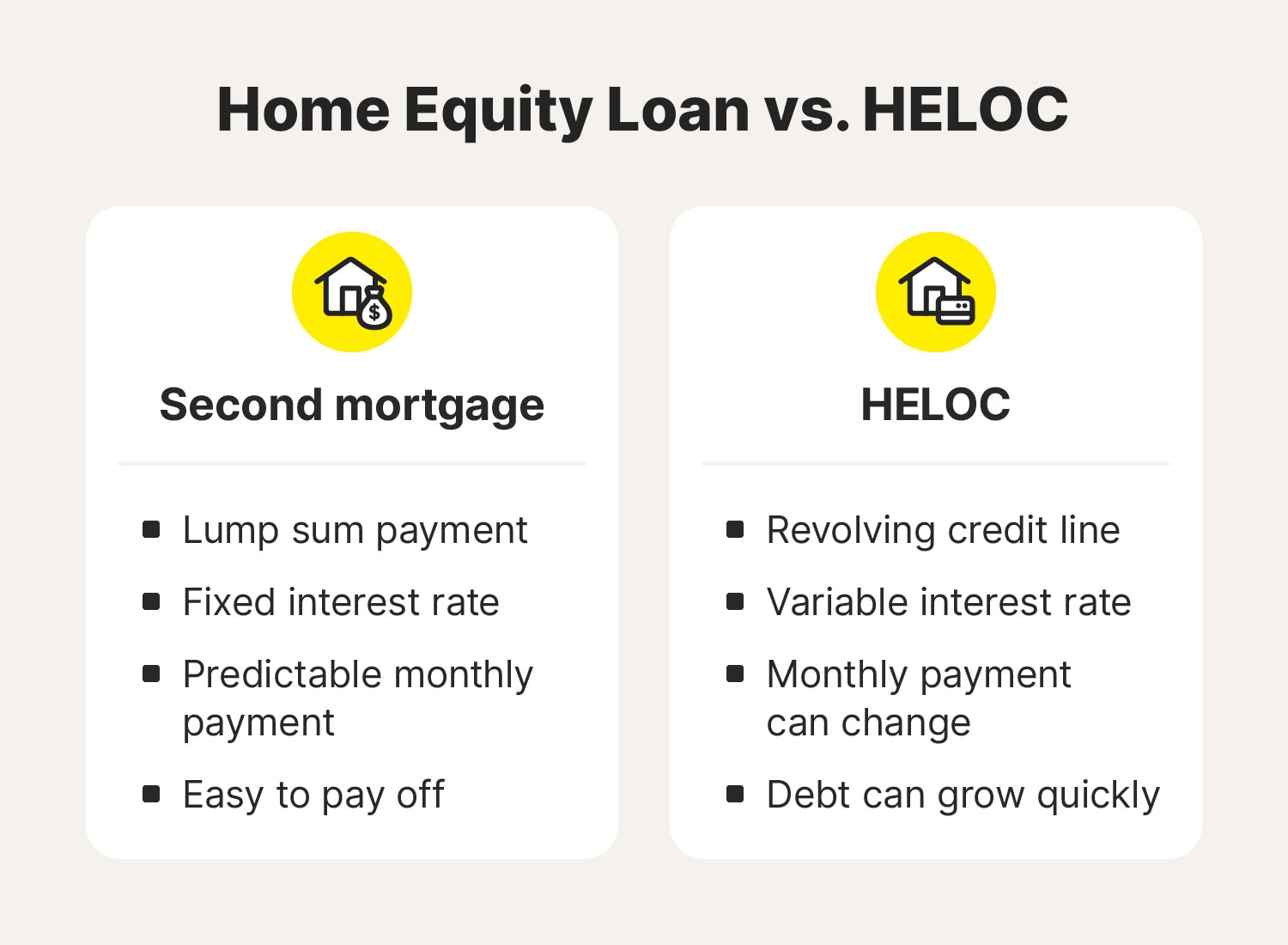A Comprehensive Overview to Choosing the Right Equity Release Mortgages for Your Requirements
Picking the right equity Release home mortgage is a considerable decision for many home owners. It involves comprehending different items and examining individual financial needs. With options like lifetime home mortgages and home reversion schemes, the course can seem complicated. Key considerations include interest rates and flexibility. As individuals navigate this landscape, considering prospective dangers and benefits ends up being important. What factors should one prioritize to ensure the most effective end result?
Comprehending Equity Release Mortgages
Equity Release home loans supply an economic remedy for house owners seeking to access the worth secured in their homes. Largely designed for people aged 55 and over, these home mortgages permit them to convert part of their home equity into money while proceeding to reside in their homes. Home owners can utilize these funds for various objectives, such as supplementing retired life revenue, funding home enhancements, or covering healthcare prices. The core principle behind equity Release is that the loan is paid off upon the house owner's death or when they relocate into lasting treatment, whereupon the residential property is normally sold to work out the debt. This technique makes it possible for individuals to enjoy the benefits of their home's worth without needing to move. It is important for potential consumers to recognize the implications of equity Release, consisting of possible influence on inheritance and recurring financial commitments, prior to choosing.
Kinds Of Equity Release Products
When checking out equity Release products, it is vital to recognize the main kinds available. Life time home loans, home reversion schemes, and drawdown plans each offer distinct features and benefits. Examining these options can assist individuals in making enlightened monetary choices concerning their residential property.
Lifetime Home Loans Described
Life time home mortgages represent one of the most usual types of equity Release products readily available to homeowners in retirement. This type of mortgage allows individuals to obtain against the value of their home while preserving ownership. Normally, the lending and passion accrued are paid back when the house owner dies or relocates right into lasting treatment. Debtors commonly have the option to pick between variable and fixed interest rates, as well as whether to make monthly payments or allow the interest roll up. The amount readily available to obtain generally depends on the homeowner's age and residential property worth. This financial remedy can provide retirees with necessary funds for numerous requirements, including home renovations or additional income, while allowing them to continue to be in their homes.
Home Reversion Schemes

Drawdown Program Overview
Drawdown plans stand for a versatile choice within the range of equity Release products, allowing house owners to access their home's worth as needed. These strategies make it possible for individuals to Release a section of their home equity incrementally, rather than getting a round figure upfront. This adaptability can be specifically valuable for handling finances over time, as customers only pay passion on the quantities they take out. Commonly, drawdown strategies include a pre-approved limit, making sure that home owners can access funds when needed without reapplying. In addition, this strategy can help reduce the influence of worsening interest, as less cash is borrowed originally. Generally, drawdown plans deal with those seeking monetary flexibility while preserving control over their equity Release trip.
Secret Factors to Take Into Consideration
When choosing an equity Release home mortgage, numerous crucial elements warrant mindful consideration. Rates of interest comparison, the loan-to-value proportion, and the versatility of attributes offered can substantially influence the suitability of an item. Examining these elements will certainly assist individuals make notified choices that line up with their monetary objectives.
Rate Of Interest Comparison
Maneuvering the landscape of equity Release home mortgages needs mindful consideration of rate of interest, which play a vital role in figuring out the overall price of the funding. Borrowers need to compare set and variable rates, as fixed rates supply stability while variable prices can fluctuate based upon market problems. Additionally, the timing of the rate of interest lock-in can significantly influence the total settlement quantity. Potential debtors have to also assess the yearly percent rate (APR), that includes various charges and prices connected with the mortgage. Comprehending the ramifications of various passion rates will allow people to make educated decisions tailored to their monetary situation. Ultimately, a comprehensive evaluation of these elements can result in extra favorable equity Release outcomes.

Loan-to-Value Ratio
The loan-to-value (LTV) ratio works as a crucial statistics in the domain of equity Release mortgages, influencing both eligibility and borrowing capability. It is determined by dividing the amount of the funding by the evaluated worth of the residential or commercial property. Typically, a higher LTV proportion suggests a greater threat for lenders, which can lead to more stringent lending requirements. Many equity Release items have specific LTV limitations, usually identified by the age of the consumer and the value of the residential property. LTV ratios typically range from 20% to 60%, depending upon these variables. Understanding the implications of the LTV proportion is important for customers, as it directly affects the quantity they can access while guaranteeing they continue to be within safe borrowing limits.
Flexibility and Attributes
Recognizing the adaptability and attributes of equity Release home loans is vital for debtors seeking to maximize their financial options. Various items use varying levels of flexibility, such as the ability to make partial settlements or the choice to take a round figure versus regular withdrawals. Consumers must likewise take into consideration the transportability of the home loan, which enables them to transfer it to a brand-new residential property if they make a decision to move. Additional attributes like the capability to consist of member of the family or the alternative for a no-negative-equity warranty can enhance safety and security and peace of mind. Inevitably, evaluating these factors will certainly aid customers select a strategy that lines up with their long-term economic goals and individual situations.
The Application Process
Just how does one navigate the application procedure for equity Release home mortgages? The journey starts with assessing eligibility, which commonly needs image source the applicant to be at the very least 55 years old and have a substantial section of their home. Next, people should collect necessary documents, including evidence of residential property, identity, and earnings valuation.Once prepared, candidates can approach a lending institution or broker specializing in equity Release. An economic advisor may additionally offer beneficial assistance, making certain that all options are taken into consideration. Following this, the applicant sends a formal application, which consists of a comprehensive examination of their economic circumstance and residential property details.The lending institution will certainly after that carry out an assessment, which might involve a home evaluation and conversations concerning the candidate's demands and circumstances. The procedure finishes with a formal offer, allowing the applicant to review the terms before making a decision. Clear interaction and understanding at each action are essential for a successful application.

Expenses and Costs Entailed
Countless costs and fees are related to equity Release mortgages, and potential customers need to recognize these financial considerations. Originally, there might be an application cost, which covers the lending institution's management prices (equity release mortgages). Furthermore, evaluation costs are usually called for to examine the residential property's worth, and these can vary significantly based on the residential property's size and location.Legal costs have to additionally be factored in, as debtors will certainly require a lawyer to navigate the legal elements of the equity Release process. Some loan providers might enforce very early repayment costs if the home loan is paid off within a details term.It is essential for borrowers to extensively examine all costs linked with an equity Release home mortgage, as they can affect the total value of the equity being launched. A clear understanding of these fees will certainly allow individuals to make informed choices
Potential Dangers and Benefits
Equity Release mortgages feature a variety of prices and charges that can influence a consumer's monetary scenario. They offer substantial benefits, such as accessibility to funds without the requirement to offer the home, allowing debtors to use the money for retirement, home renovations, or to support member of the family. Nevertheless, possible risks exist, including the decrease of inheritance for heirs, as the lending quantity plus passion must be paid off upon the consumer's death or relocate into lasting treatment. In addition, the building's worth may dislike as expected, leading to a bigger financial debt than prepared for. Consumers might likewise deal with limitations on relocating or offering the building. If equity Release lines up with their lasting financial goals, it is important for people to meticulously weigh these dangers against the advantages to establish. A thorough understanding of both aspects is vital for making an informed choice.
Concerns to Ask Before Devoting
When thinking about an equity Release home mortgage, prospective consumers ought to ask themselves a number of important inquiries to assure they are making an educated decision. They should initially evaluate their monetary circumstance, including existing financial obligations and future needs, to establish if equity Release appropriates. It is essential to inquire regarding the complete costs included, including fees, rates of interest, and any fines for early repayment. Debtors ought to also ask how equity Release will influence inheritance, as it might lower the estate left for successors. Comprehending the terms of the agreement is vital; as a result, concerns pertaining to the adaptability of the strategy, such as the ability to make repayments or take out extra funds, must be attended to. Finally, prospective borrowers should think about the online reputation of the loan provider and whether independent financial recommendations has been sought to ensure all facets are thoroughly comprehended.
Frequently Asked Concerns
Can I Select How Much Equity to Release?
Individuals can generally pick just how much equity to Release from their home, yet the quantity may be affected by variables such as age, residential property worth, and lender needs Full Report - equity release mortgages. Consulting with a financial consultant is recommended
What Takes Place if Residential Property Values Decrease?
If residential or commercial property worths reduce, the equity offered for Release decreases, possibly resulting in a scenario where the impressive home mortgage exceeds the building value. This situation may limit monetary options and influence future preparation for house owners.
Can I Still Relocate Home With Equity Release?
The capacity to relocate home with equity Release depends on the details terms of the equity Release plan. Typically, numerous plans allow homeowners to transfer their equity Release to a new home, subject to approval.
Exactly How Does Equity Release Influence My Inheritance?
Equity Release can significantly influence inheritance. By accessing home equity, the general value of an estate might reduce, potentially decreasing what recipients get. It's vital for individuals to consider these effects when choosing equity Release options.
Are There Any Type Of Age Limitations for Applicants?
Age constraints for equity Release candidates usually need people to be at the very least 55 years of ages (equity release mortgages). Lenders may have added standards, usually thinking about the candidate's financial situation and the residential or commercial property's value during the review assessment process
Final thought
In recap, selecting the right equity Release home mortgage requires mindful evaluation of specific monetary circumstances and goals. By comprehending the different product types, vital elements, and associated expenses, customers can make informed choices. Furthermore, acknowledging prospective risks and advantages is crucial for long-lasting monetary stability. Seeking independent economic recommendations can further improve the decision-making procedure, making sure that the picked equity Release option aligns with the property owner's overall monetary approach and future goals. Equity Release home loans give a financial solution for house owners looking to access the worth secured in their buildings. Understanding the flexibility and functions of equity Release mortgages is crucial for customers looking for to optimize their economic alternatives. Some lenders might enforce very early payment fees if the mortgage is paid off within a certain term.It is crucial for borrowers to thoroughly review all prices linked with an equity Release mortgage, as they can impact the total worth of the equity being released. The capacity to relocate home with equity Release depends on the particular terms of the equity Release plan. Seeking independent economic suggestions can additionally improve the decision-making process, guaranteeing that the selected equity Release service aligns with the home owner's overall monetary strategy and future desires.